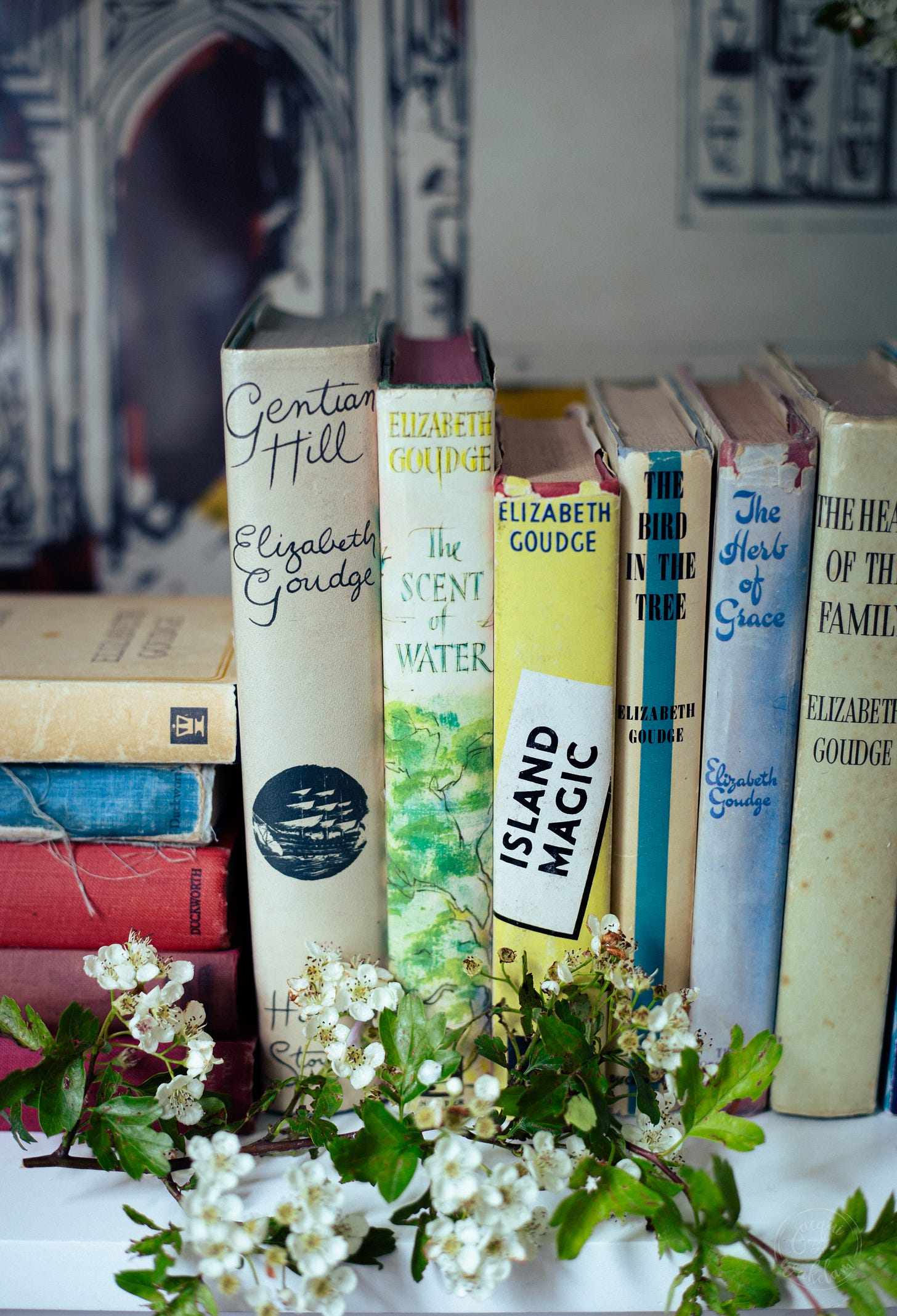“Goudge’s stories at their core are consistently anchored in the power of homes, families and belonging and it’s these themes which draw me back to her time and time again.”
Jacqui Wakelam on why she reads Elizabeth Goudge
Today we are continuing with our series of interviews with read…
Keep reading with a 7-day free trial
Subscribe to Elizabeth Goudge Bookclub’s Substack to keep reading this post and get 7 days of free access to the full post archives.





